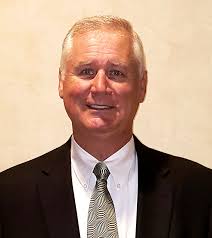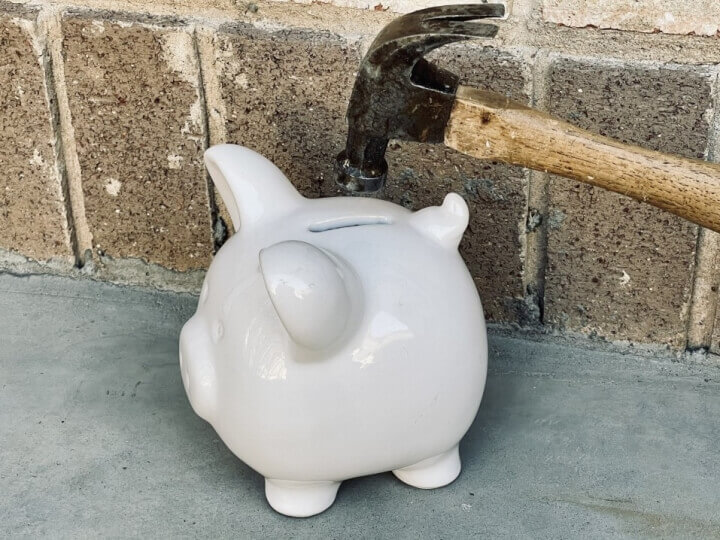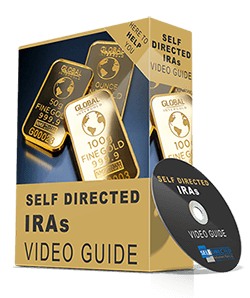Emergencies aren’t exclusive or selective. They happen to everyone. It’s highly likely that you’ve faced events or obstacles in life that could be easily categorized as an emergency. These emergencies can catch you off guard and most often than not, have financial ramifications.
An emergency as simple as a car breakdown or as serious as a health issue can turn your life upside down. While we can’t predict when the next emergency will occur, we can definitely prepare for it by building emergency funds.
While an emergency fund doesn’t solve all your money problems, it’s the backbone of any strong personal financial plan. It’s a great way to get your finances sorted and headed in the right direction. In this article, we’ll look at what an emergency fund is, how much emergency fund you should have, including how to build an emergency fund and the best options to park your emergency fund.
What is an emergency fund?
An emergency fund is an amount of money that you set apart from your other savings for future mishaps and unexpected expenses. It is a financial safety net that you can easily and immediately accessible at the hour of crisis.
Having an emergency fund gives you the peace of mind to know that if something truly awful happens, you are in a position to deal with the emergency itself without having to worry about how you’re going to survive it financially.
Some situations that can be categorized as emergencies are:
- Job loss
- Car repairs
- Home repairs
- Death in the family
- Unexpected hospital visits
That said, an emergency fund should only be used for true emergencies. It’s not a backup cash account that can be used for planned purchases and expenses, such as college education, vacations, car, house, and so on.
How much emergency fund should I have?
There is no simple one-size-fits-all answer to this question. Most financial experts recommend having an emergency fund of three and six months worth of living expenses. If your finances allow you, then you can consider expanding your emergency savings.
Below given are a few situations where having more in your emergency fund can help:
- If your income isn’t steady
- During a recession
- If you’re in an industry where layoffs are common
- If you’re retired and a major chunk of your money is locked in stocks and bond investments
Where to keep the emergency fund?
You should keep your emergency funds where they are easily and quickly accessible to cover the unexpected expenses. Although you want quick access to money, you wouldn’t want your emergency fund to be too convenient to reach so that you are tempted to dip into these funds. It’s best to keep your emergency fund separate from your other bank accounts.
Here are some of the best options to park your emergency fund:
- High-Yield Savings Account
- Certificate of Deposit
- Traditional Bank Account
- Roth IRA
- ROSCA
- Money Market Account
When choosing where to save your emergency fund, consider these 3 factors:
- You should be able to immediately withdraw the money when you need it.
- You should not attract any penalties for withdrawals.
- The value of the amount invested should deliver excellent returns.
How to build your emergency fund?
Take the following steps to build your emergency fund:
- Figure out how many months of expenses you need to save depending on your personal circumstances and risk factors.
- When calculating monthly expenses, add up only the essential expenses you need to cover in case of an emergency. Leave out optional expenditures like travel and dining out.
- Multiply your monthly expenses by the number of months you want to save.
- Set up automatic deposits into your emergency savings account.
- If you come across other money, such as side hustle income, tax refund, etc., deposit it in your emergency fund to reach your goal faster.
Summary
If you don’t have an emergency fund, start building it today. Cut your expenses, earn extra income and save “found” money to build your emergency fund as fast as you can. Need expert advice? Contact Self Directed Retirement Plans LLC
Also Read: Financial Planning for Millennials

Rick Pendykoski is the owner of Self Directed Retirement Plans LLC, a retirement planning company based in Goodyear, AZ. He has over three decades of experience working with investments and retirement planning, and over the last ten years has turned his focus to self-directed ira accounts and alternative investments. If you need help and guidance with traditional or alternative investments, call him today (866) 639-0066.




